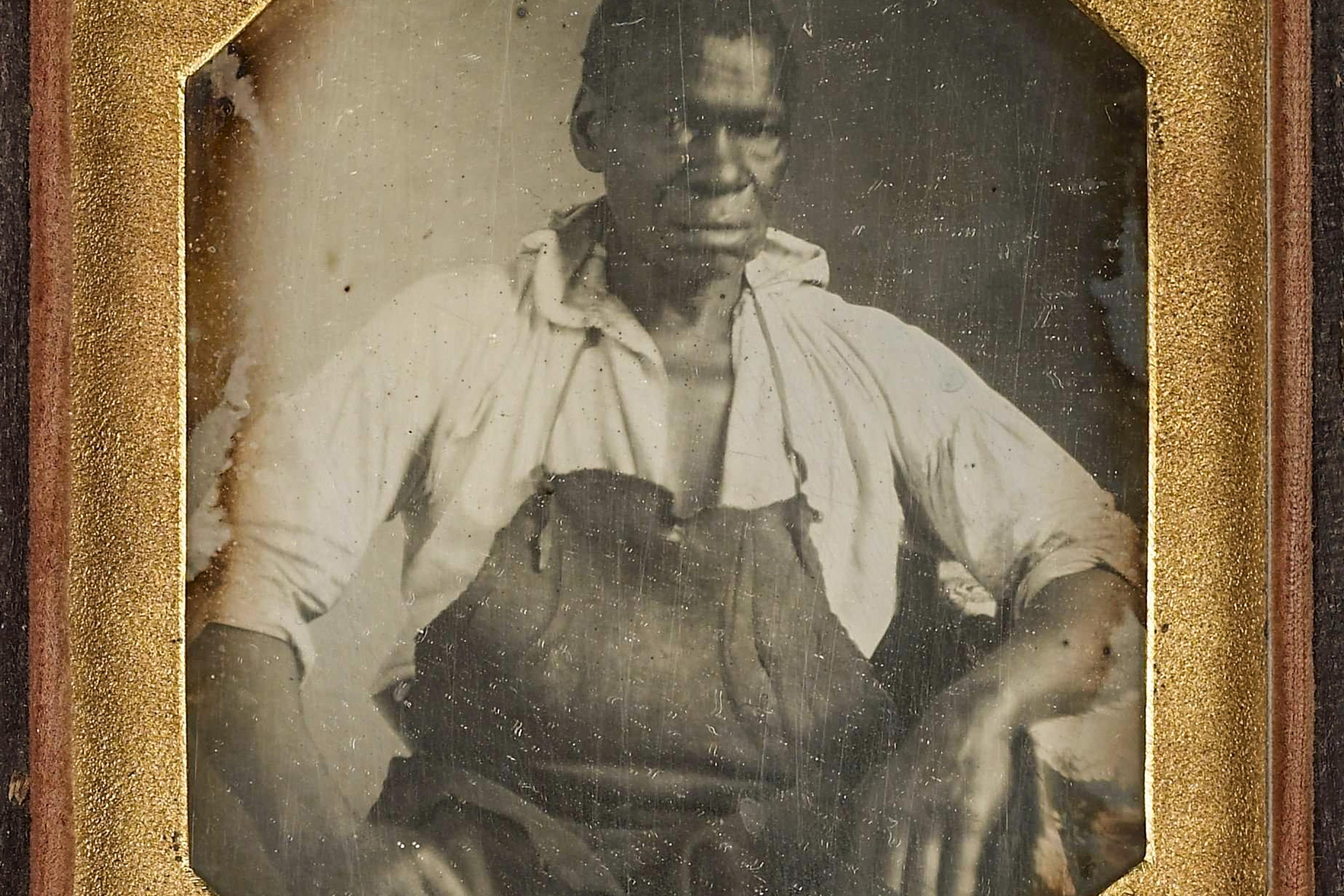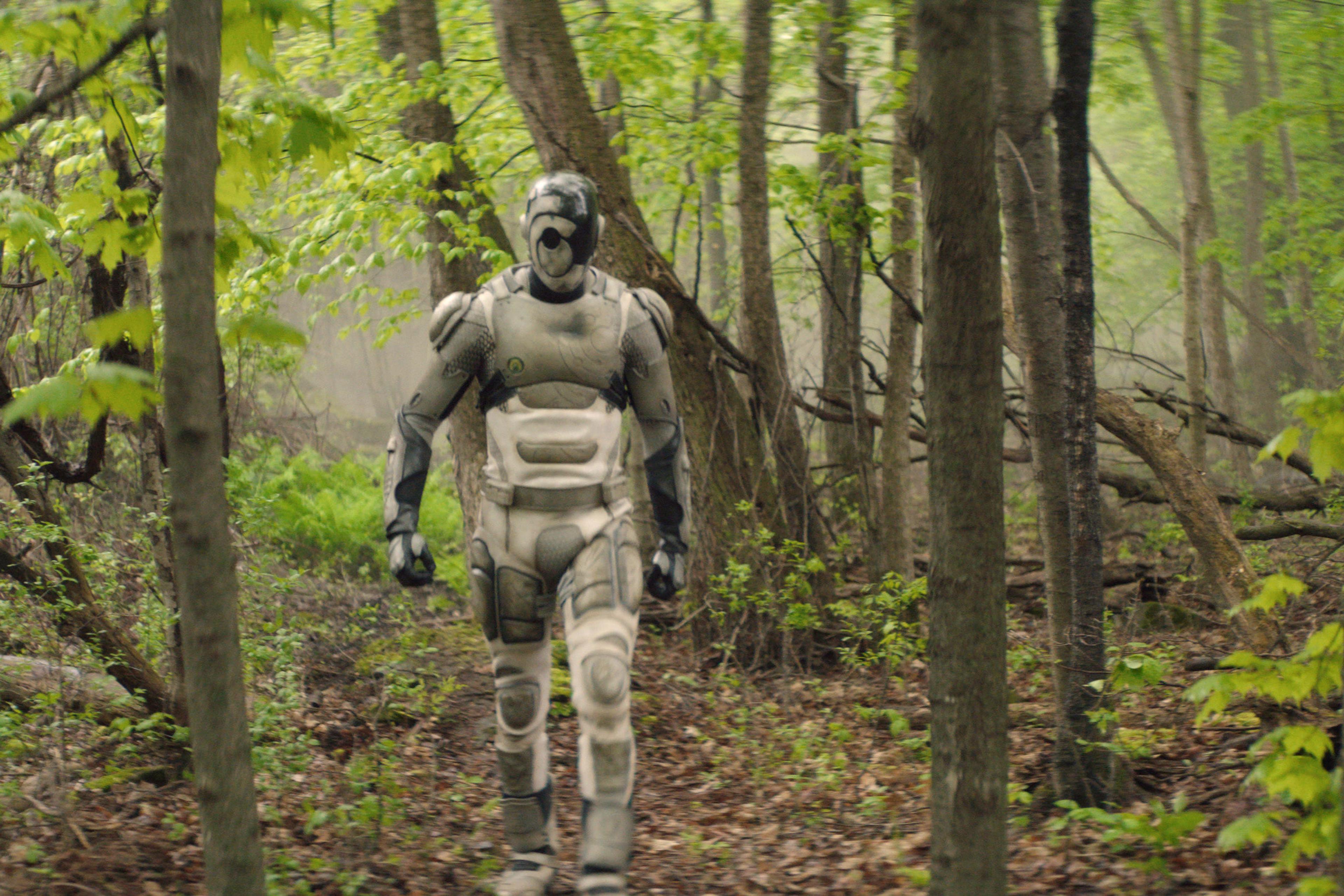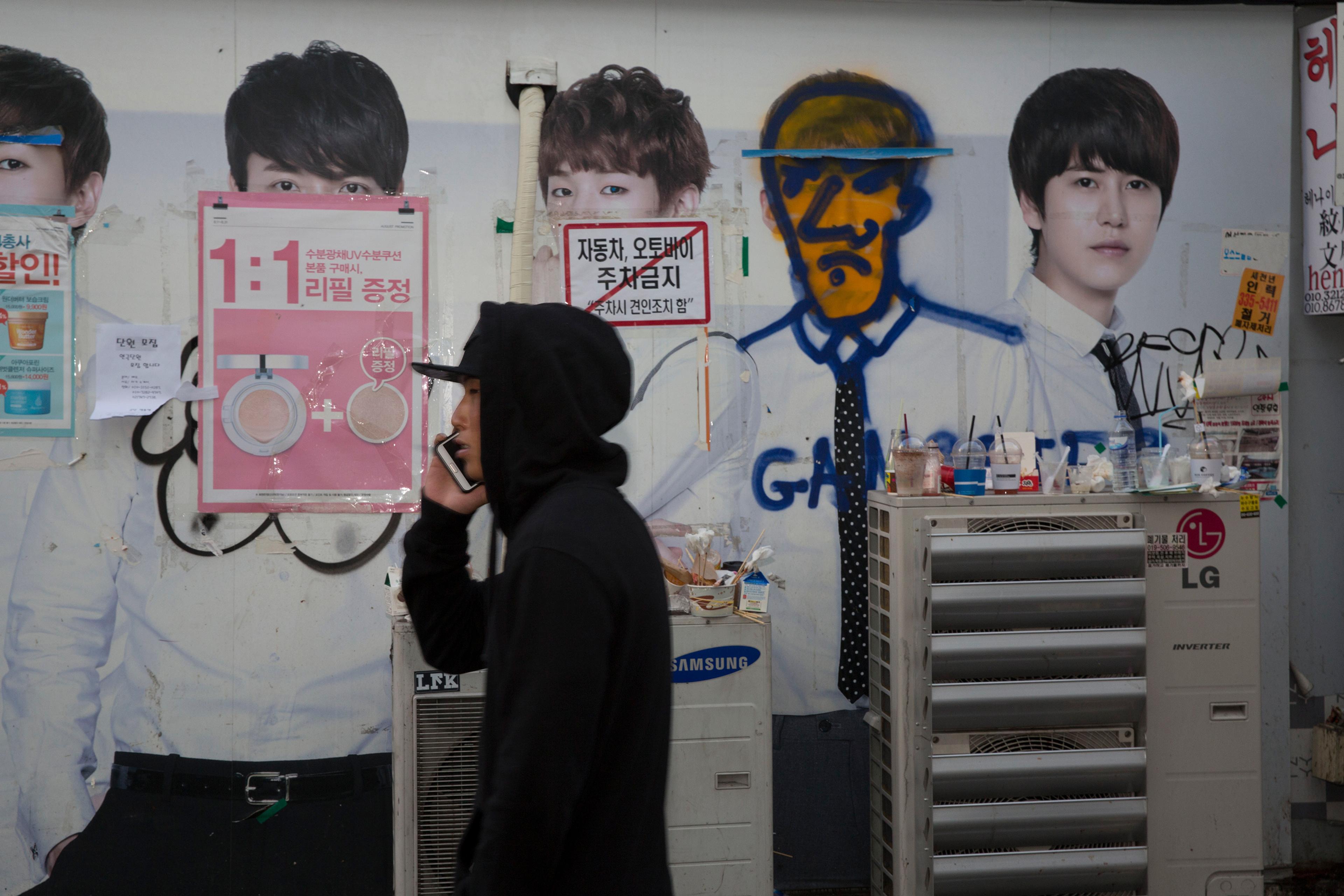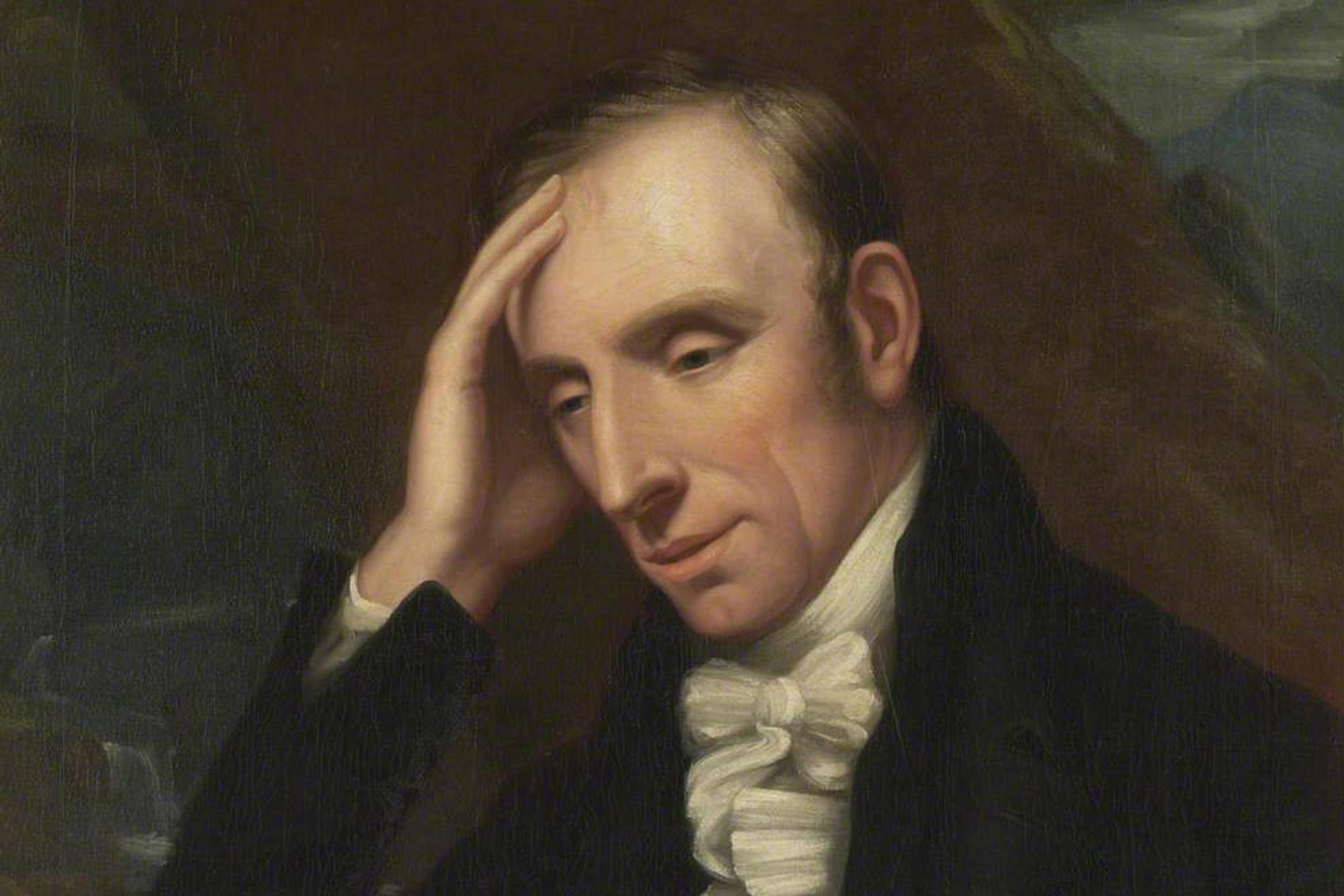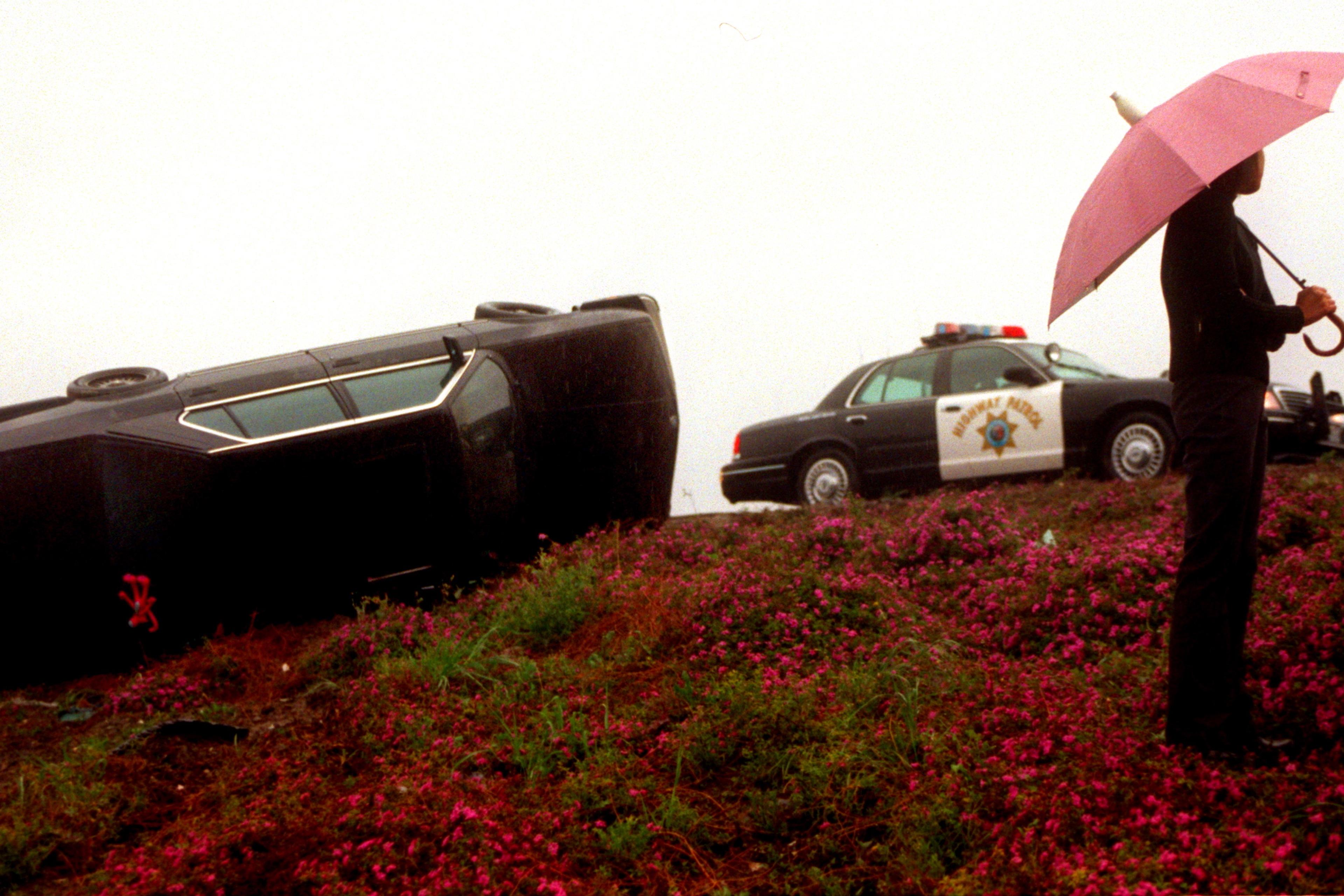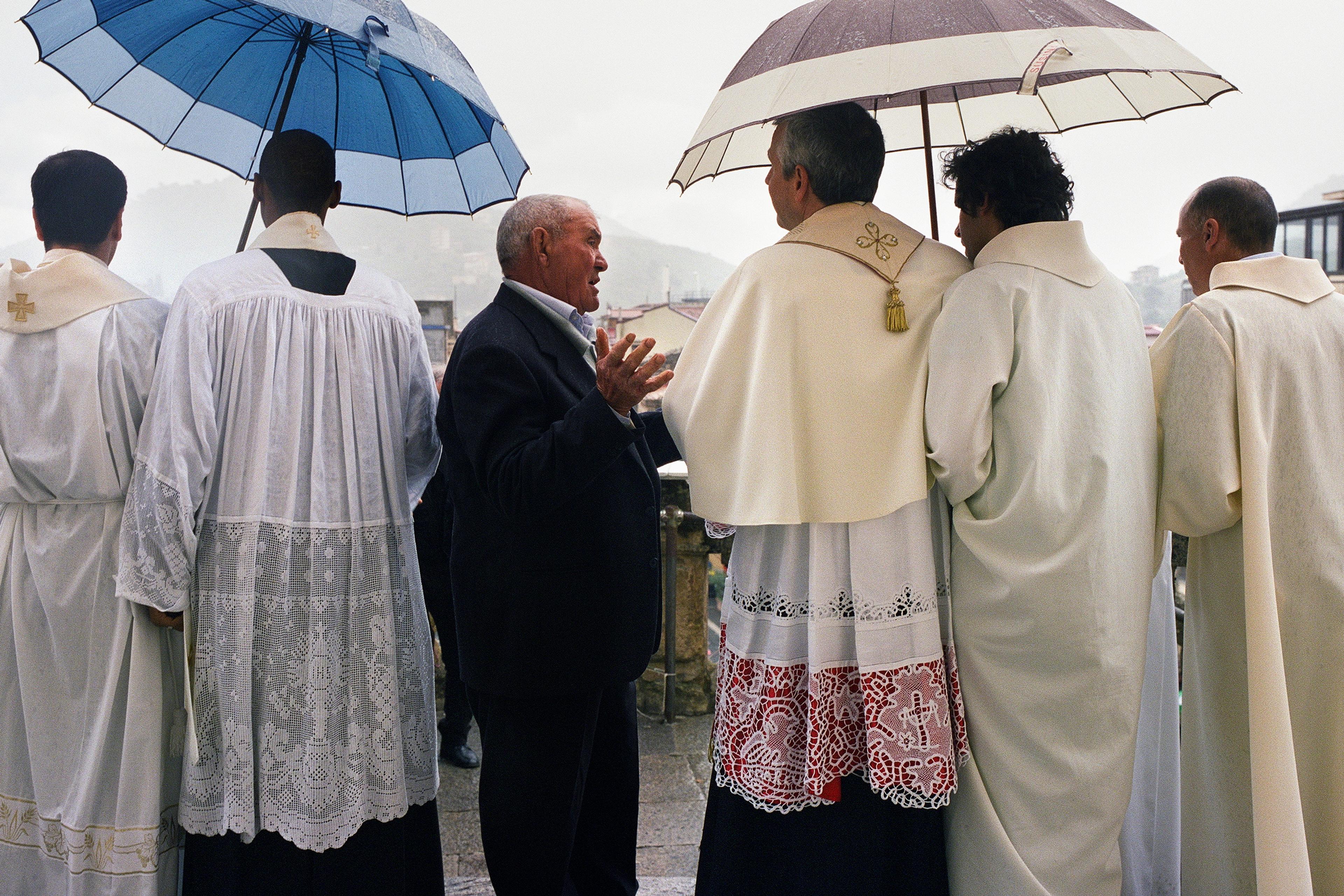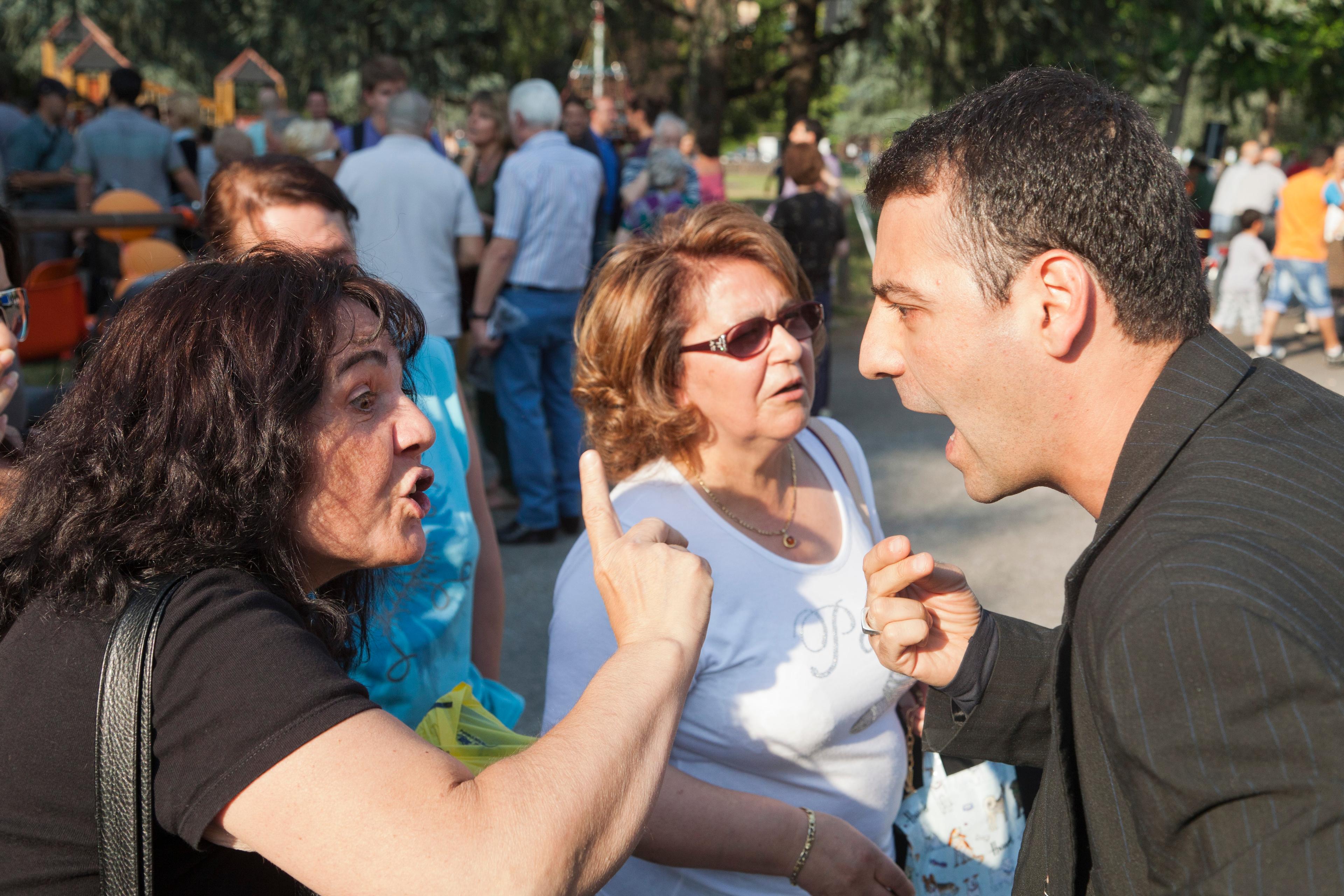I was taken aback a few years ago when an article went viral admonishing its readers for sending so many ‘thank you’ emails – we’re all struggling with overflowing inboxes, it claimed, and insisting on replying ‘thank you’ all the time, while polite, just adds to the collective burden. Guilty as charged, I thought at the time.
According to a recent paper, there’s another reason to go easy on your gratitude. In the words of the research team led by Kristin Laurin at the University of British Columbia, saying ‘thank you’ too intensely could have ‘potential negative consequences’ for your ‘impression-management goals’. In short, it could make you seem like less of a boss.
The researchers came to their conclusion after presenting hundreds of participants with examples of exchanges between a helper and a thanker. Some of these were fictional vignettes, others were real-life workplace exchanges. Gratitude expressions ranged from the to-the-point ‘Thanks’ to the much more effusive ‘Thank you so much for taking your time to do this for me. I’m incredibly grateful. You have no idea how much I appreciate it. Thank you again.’
Participants rated more effusive thankers as being lower in status and lower in power (that is, having less control over resources and decision-making), relative to helpers. In the real-world examples, this was specifically the case when the message of thanks dominated, rather than being embedded in a longer message.
Expressing gratitude has many benefits – it helps us all get along, among other things – but Laurin and her team said their work shows being too effusive could have unintended consequences. If you’re an agreeable person but you also have ambitions for getting ahead, it might be worth pausing before expressing your next thankful message.

